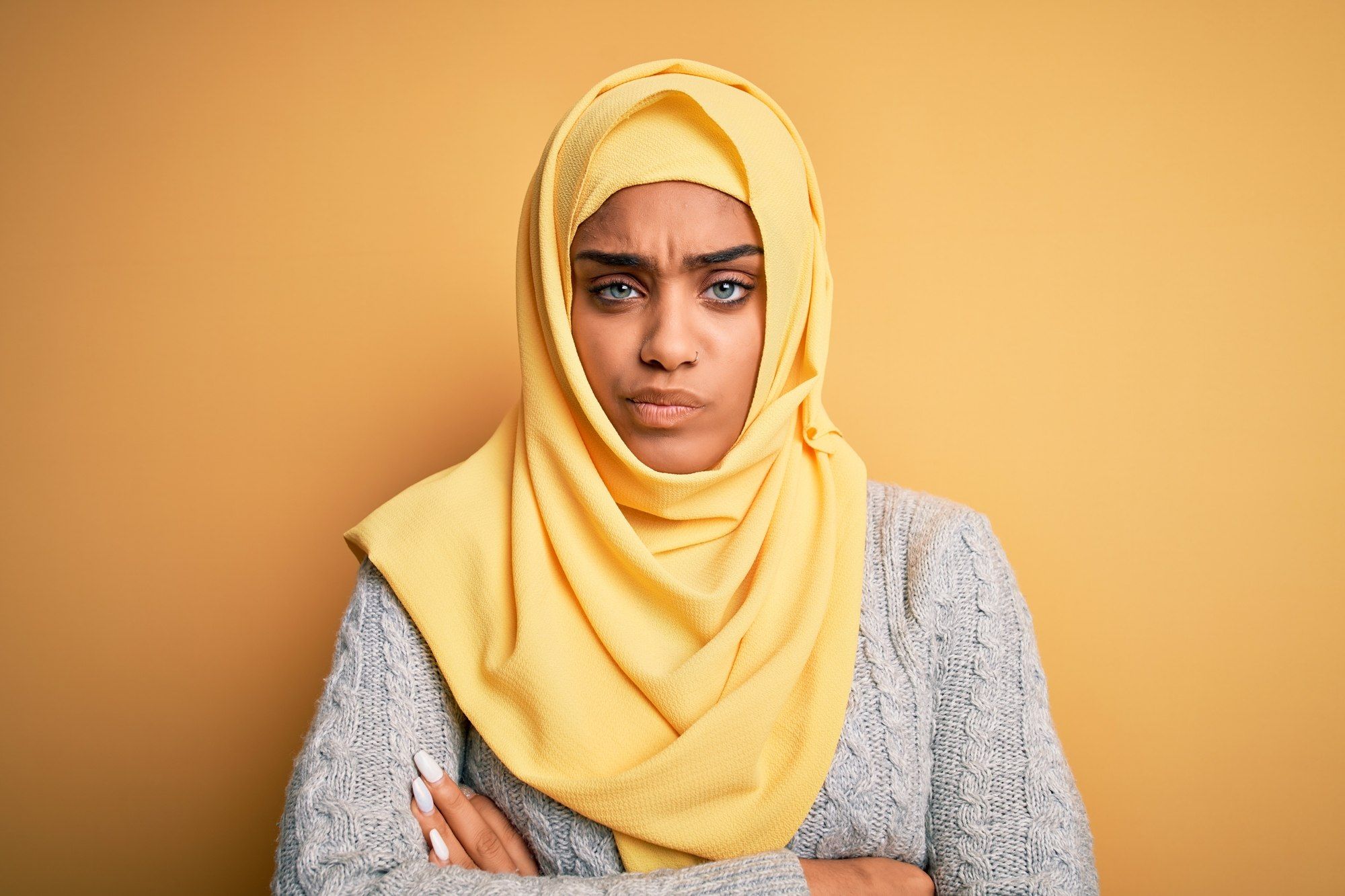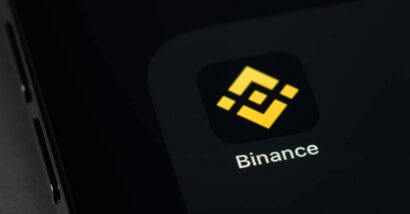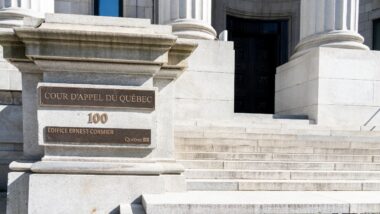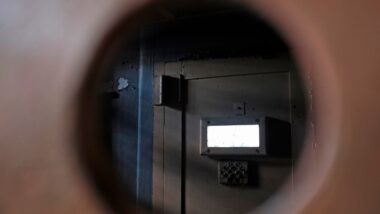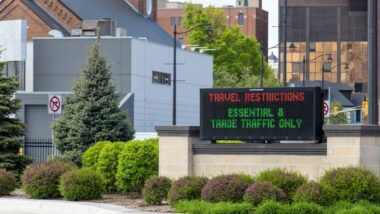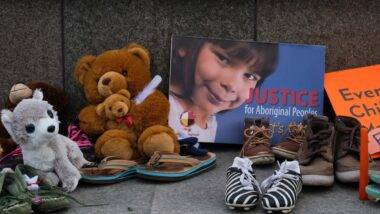Top Class Actions’s website and social media posts use affiliate links. If you make a purchase using such links, we may receive a commission, but it will not result in any additional charges to you. Please review our Affiliate Link Disclosure for more information.
On Monday, a legal case challenging a Quebec law that prohibits some public sector employees from wearing religious symbols at work headed to trial in Montreal.
The trial involves four different lawsuits that challenge Quebec’s secularism law, and is expected to last several weeks.
Controversial Religious Neutrality Law Passed
The religious neutrality law, known as Bill 21 or the Laicity Act, was passed by the provincial legislature in 2019. It prohibits police officers, judges and teachers from wearing religious symbols such as Sikh turbans, Jewish yarmulkas, and Muslim hijabs and face veils while at work. The law does include some exceptions.
Premier François Legault promised during his campaign that he would address religious neutrality in Quebec, and Bill 21 fulfilled that promise. However, the debate over secularism has led to protests within the province.
Legault maintains that Bill 21 is supported by the majority of the public, and describes the bill as “moderate” and “balanced.”
Opponents Say Bill 21 is Discriminatory
Opponents have argued the bill is criminal legislation that is beyond the scope of provincial jurisdiction. They also claim that it violates the gender equality provision in Section 28 of the Canadian Charter of Rights and Freedoms, which is not covered by the “notwithstanding clause.”
The Quebec government reportedly invoked the notwithstanding clause, a rarely used section of the Charter, to protect Bill 21 from legal challenges. The clause prevents plaintiffs from referring to parts of the Charter that protect freedom of religion and prohibit gender- or race-based discrimination.
“We are here to challenge an unjust and unconstitutional law that hurts people of different sex, religion and their race,” Noa Mendelsohn Aviv, executive director of the Canadian Civil Liberties Association, reportedly said. However, supporters of the law argue that the law is not sexist because it applies to both men and women.
Because this case involves such important constitutional questions, legal observers expect that it will eventually make its way to Canada’s Supreme Court.
Plaintiffs Argue Bill 21 Affected their Career Prospects
Ichrak Nourel Hak is a teacher and told the court that the hijab she wears is not just a part of her religion, it is also an important part of her identity. She says Bill 21 blocked her from pursuing her dream of teaching in a public school and that she was forced to seek work at a private school instead.
“I feel excluded from Quebec society,” Hak said. “I am a Muslim woman, but I am also a Quebec citizen.”
Hak is just one of at least 10 Muslim teachers whose careers were allegedly affected by Bill 21.
“If this government can tell religious practitioners to find employment elsewhere, then the next government can do the same to atheists, to people of colour, or to members of the LGBTQ+ community,” Hak said in an argument plan submitted to the court.
Amrit Kaur, a Sikh woman from Montreal, says she had to take a teaching job in British Columbia because Bill 21 prohibits her from wearing a turban while teaching.
“My faith plays no role in the classroom,” Kaur said. “I am expected to teach what’s in the curriculum.”
Guillaume Rousseau, who is associated with the Mouvement laïque québécois, a group that is arguing on behalf of parents who don’t want teachers to wear religious symbols while teaching, says that the law is not discriminatory.
“The fact that some want to practice their religion, wear a religious symbol, while they’re representing the state, that could cause, in fact, discrimination against those who don’t wish to have their children with in a class with a teacher with a religious symbol,” Rousseau argued.
Trial Attracts Demonstrators
On Monday morning, dozens of McGill University law students joined in demonstration with anti-racism activists outside the court. They argue that Bill 21 disproportionately affects people of colour and has enabled “legalized discrimination.”
“For us, a law that discriminates on the basis of religious symbols has no place in 2020,” law student Fanny Caire said. “It is something that will encourage systemic racism and inflame Islamophobia in Quebec.”
Robert Leckey, the dean of McGill’s law faculty said the province selectively applies religious neutrality.
“A major figure dies and everyone is lined up at the Notre-Dame Basilica for a religious state funeral,” Leckey said. “So the idea that Quebec is purely secular or that there is no space for religious affliction is highly selective.”
Do you support or oppose Quebec’s religious symbol ban? Tell us what you think in the comments below.
ATTORNEY ADVERTISING
Top Class Actions is a Proud Member of the American Bar Association
LEGAL INFORMATION IS NOT LEGAL ADVICE
Top Class Actions Legal Statement
©2008 – 2024 Top Class Actions® LLC
Various Trademarks held by their respective owners
This website is not intended for viewing or usage by European Union citizens.

